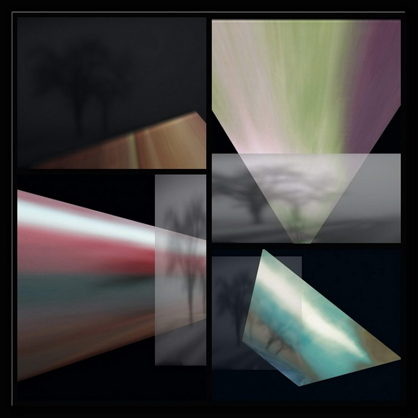
On Thursday and Friday 5-6th June 2014 the Department of Media, Film & Communication welcomed Dr Fiona Allon from the University of Sydney and postgraduates/early-career researchers from across the University of Otago, New Zealand, Australia, and the UK to the Environments, Spaces and Transformations conference. The event drew together new, critical and interdisciplinary work and facilitated a productive space for conversation around the highly contested terms as set out in the conference themes.
Dr Allon's keynote address, 'Dwelling Spaces: Everyday Environmentalism and the Transformation of Urban Assemblages,' opened the event. Locating the subject in material infrastructures and networks, as a collaborative ontology, Dr Allon highlighted the importance of researching the historicity and transformation of flows. Her critical discussion around Environments, Spaces and Transformations traversed a multitude of topics from the everyday materiality of water to emerging public discourses of everyday sustainability, shifting meanings of household, privatisation and the “self-enterprising” subject.
Our second keynote speaker, Associate Professor Vijay Devadas from MFCO, presented a micro-level analysis of the complex and graduated ways in which youth in Chennai, India, negotiate and engage with globalisation. Theorising with and beyond Arjun Appadurai's distinction between the politics of possibility and the politics of probability, grounded in the material practices of youth interviewees, the talk offered pertinent lessons for negotiating ethnography and theory in the present.
In the panel sessions, over the course of two days, the audience was treated to a series of lively, engaging and strong presentations that showcased some exciting projects. The breadth of research was truly interdisciplinary. Although it would be impossible to mention all the areas of interest here, it was clear that the conference papers connected and intersected in multiple and dynamic ways. Not only did they explore the intricate networks and assemblages of built forms and socio-spatial environments, but also the potentials for transformation of digital media, the cinematic, and the artistic and experimental practices of, and within, contested spaces.
We are very grateful to everyone who presented at the conference and are very enthusiastic about the possibility for long-lasting research connections. Special thanks are due to Dr Fiona Allon who provided a wonderful Masterclass and keynote address; to Renate Eichert, whose image featured on the conference posters and programmes; to everyone from the MFCO Department who provided valuable chairing and support; to Rebecca Kambuta; and, last but certainly not least, to the administrative team of Maureen Lloyd and Paulette Milnes, assisted by Margot Taylor, whose efforts enabled the smooth running of the conference.
An inaugural special issue of the MFCO Working Paper Series emerging from the conference presentations is expected for October/November 2014.
- Alex Thong & Maud Ceuterick, Conference Organisers
